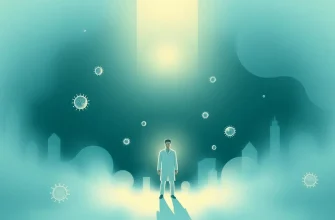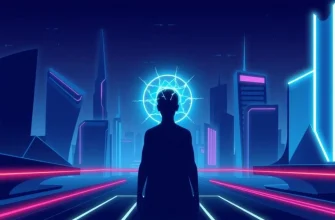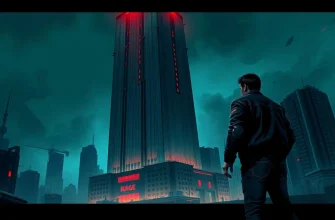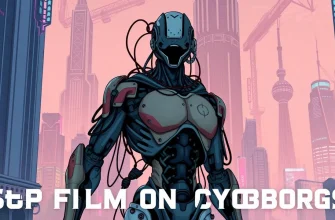Science fiction has long been a genre that not only entertains but also challenges our understanding of the human mind and psyche. This curated list of 10 films explores the intricate relationship between technology, consciousness, and the human experience. From mind-bending realities to the exploration of identity, these films offer a unique perspective on psychological themes through the lens of science fiction, making them a must-watch for those intrigued by the inner workings of the mind.

A Clockwork Orange (1971)
Description: Stanley Kubrick's adaptation of Anthony Burgess's novel delves into themes of free will, morality, and the psychological impact of conditioning. The film's controversial nature and its examination of human behavior make it a compelling choice.
Fact: The film was banned in several countries due to its violent content. Kubrick himself withdrew the film from UK cinemas after threats were made against him and his family.
 Watch Now
Watch Now 
The Matrix (1999)
Description: This iconic film questions the nature of reality, consciousness, and free will through the concept of a simulated world. Its exploration of existential themes and the human mind's ability to perceive reality makes it a cornerstone in this genre.
Fact: The Wachowskis developed the concept for "The Matrix" after reading Jean Baudrillard's "Simulacra and Simulation." The film's famous bullet time effect was groundbreaking at the time.
 Watch Now
Watch Now 
Memento (2000)
Description: Another Christopher Nolan film, "Memento" examines memory, identity, and the lengths one will go to seek revenge. Its non-linear storytelling and focus on memory loss make it a fascinating study in psychology.
Fact: The film was shot in two different formats: color for the forward-moving scenes and black-and-white for the reverse chronological scenes. The script was written backwards.
 Watch Now
Watch Now 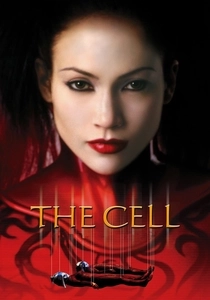
The Cell (2000)
Description: This film takes viewers into the mind of a comatose serial killer, exploring the depths of human consciousness and the psyche. Its visual style and psychological horror elements make it a unique entry in this collection.
Fact: The film's surreal visual effects were inspired by the works of Salvador Dalí and H.R. Giger. Jennifer Lopez underwent extensive training to portray a psychologist.
 Watch Now
Watch Now 
Donnie Darko (2001)
Description: A cult classic that delves into time travel, mental illness, and existential questions. Its complex narrative and psychological depth offer a rich exploration of the human mind and its struggles with reality.
Fact: The film was initially a box office failure but gained a cult following through home video. The director's cut provides additional insight into the film's themes.
 Watch Now
Watch Now 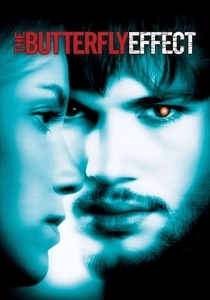
The Butterfly Effect (2004)
Description: This film explores the psychological impact of time travel and the consequences of changing past events. It delves into themes of guilt, trauma, and the desire to alter one's life path, making it a poignant addition to this list.
Fact: The film had several alternate endings, with the theatrical release being one of the more optimistic ones. The title refers to the chaos theory concept where small changes can have large effects.
 Watch Now
Watch Now 
Eternal Sunshine of the Spotless Mind (2004)
Description: This film explores the idea of erasing memories to cope with heartbreak, raising profound questions about identity, love, and the human need to remember. Its innovative storytelling and emotional depth make it a standout in psychological sci-fi.
Fact: The film was shot in reverse order to help the actors portray the emotional journey of their characters. The title is derived from a poem by Alexander Pope.
 Watch Now
Watch Now 
Inception (2010)
Description: Christopher Nolan's masterpiece delves into the concept of dreams within dreams, exploring the subconscious mind and the nature of reality. The film's complex narrative structure makes it a perfect fit for this collection, as it challenges viewers to question their own perceptions of reality.
Fact: The film's dream sequences were inspired by real-life dream research. The spinning top used by Cobb to distinguish reality from dreams was a personal totem of Nolan's.
 Watch Now
Watch Now 
The Adjustment Bureau (2011)
Description: This film tackles themes of fate, free will, and the psychological struggle against predestined paths. It's a thought-provoking look at how much control we have over our lives and the psychological implications of that control.
Fact: The film is loosely based on a Philip K. Dick short story. The hats worn by the agents of the Adjustment Bureau were chosen to symbolize control and conformity.
 Watch Now
Watch Now 
Black Mirror: White Christmas (2014)
Description: This standalone episode from the "Black Mirror" series explores themes of isolation, identity, and the psychological effects of technology. It's a chilling look at how technology can manipulate and control human behavior.
Fact: The episode was originally intended as a Christmas special but became a standalone due to its dark themes. It features a unique narrative structure with interconnected stories.
 30 Days Free
30 Days Free 

